IV. Höfðar, Recondition, 2020
Arnar Skarphéðinsson — arnar18 (at) lhi.is
The context of the design course Urban Lab - Design Agency for the academic year 2019-2020 is the area of Höfðar which is located in Reykjavik.
The Manifesto for Höfðar
Bigger context
When developing Höfði we should consider what purpose the area can serve in a bigger context. Reykjavík has been planned around the cars’ idea, which includes zoning and urban sprawl. This has created many problems both in urban planning as well societal. Höfði offers a good opportunity to reverse this development. The location of Höfði, close to the centre point of the urban area of Reykjavík, as well as the large unbuilt area, are important conditions for these changes.
What are the effects that Höfði should have on Reykjavík / Iceland / Earth?
A different transportation culture
Höfði will be the first area in Reykjavík to be developed with borgarlína (bus rapid transit system) in mind. It is important that we take radical steps in making borgarlína the first choice of transportation for most of the inhabitants of Höfði. We want to change the transportation culture of Reykjavík and to do that we need to create a walkable environment.
Organic evolution of a community
To create this sort of neighbourhood we need to make sure that certain essential services are present in a walking distance. The challenge is to integrate new residential dwellings within an existing environment. We want to create an opportunity for more diversity in the area, to achieve this we need to design adaptable architecture that is an architecture that is open to transformation and for a variety of services to evolve in an organic way.
Nature in everyday life
We want to make nature a part of everyday life of the people of Höfði. Nature can be translated in different forms: urban agriculture, coastal walks, riparian ecosystems. We would like nature to serve a purpose in the infrastructure of the area and in improving public spaces. The local geology, flora, fauna and ocean must all be taken into consideration.
With development there is always a certain disturbance of the ecosystem. We emphasize the importance of minimizing this disturbance. We need to be aware of the climate crisis and of its irreversible effects on cities and nature.
Green construction
We need to demand higher environmental and ethical standards not just in terms of materials and energy consumption but also in terms of processes and labour conditions. It is also important to consider the ecological and social benefit of repurposing buildings as a more ecological and social just way to imagine the future.
The effect of Höfði
It is clear to everyone that a societal change of behaviour is needed if we wish to prevent the worst-case scenario predicted by climate scientists. The effects of Höfði from an environmental perspective are limited, however we can create a model of ecological and ethical living. Iceland could lead the way into the future for radical experimentation in the way cities are planned and constructed.
Thirteen stories have been consequently developed by the second year students in architecture at the Iceland University of the Arts.
This is one of them.
RECONDITION, Arnar Skarphéðinsson
Designing new systems using current and future technology is necessary. A world where human civilization isn’t wiped out by the climate crisis will have some kind of a man-made appearance, every aspect of it has to look like something. Transportation, energy extraction, buildings etc. It is the job of architects to imagine how every aspect of this world looks like. The architectural profession must change for this to be possible. Today it legitimizes a destructive economic system . Profit maximization for private unaccountable tyrannies should never be the job of an architect or anyone else for that matter.
This project starts about questioning the distribution of goods. Today the distribution is controlled by unaccountable private corporations using energy inefficient and segregated modes of transportation. These transportation methods are accompanied by a massive infrastructure that is not designed for humans to use. Soon our distribution system will change, instead of consumers entering a grocery store and collecting goods, they will be transported to consumers. Our current leading neoliberal theory will lead us to replace our existing system with a new profit maximizing system. Drones owned and manufactured by private corporations, designed to be obsolete every other year so that a newer version can be bought. Flying from warehouses also owned by private corporations that seek profit. My proposal comes from an imaginary world where technology is used to benefit the public, not to maximize the profits of a few individuals.
For a distribution system to benefit the public first, its mechanisms of movement must be public. The Borgarlína, which is the new public transport system for the city of Reykjavík is therefore imagined as a train what will not only move passengers but also goods. This will eliminate the need for private corporations to work as middlemen in the distribution system of food. When systems and ideologies become architecture they solidify in society, for example in Reykjavík the automobile is considered the main mode of transport because our infrastructure reflects that value. Water pipes are another example, we believe it is our right to have essentially free running water in our homes. Neoliberal theory would make us get rid of these water pipes and exclusively sell bottled water, so it is the infrastructure itself that guarantees our rights. Public space is the most powerful weapon that we have against excessive privatization.
An abandoned prefab concrete unit factory occupies the site of my intervention. My project repurposes the factory by dismantling its units and by rearranging them to form a large complex that will host public services and a new student housing building. This building sits on the north edge of a new public square that borders with the new borgarlína station. The station therefore serves both as passengers' terminal and as a food delivery station.
Technologies effects are not pre-determined, but when the ruling power of a society sees nothing except for profit maximization it is easy to deduce what power will do with technology. There is no hope right now and there shouldn’t be any as long as our prospects for survival become bleaker by the day, architects and city planners produce false hope that serves power systems when they present seemingly progressive ideas that don’t get at the heart of our collective problem which is an economic system designed to drain resources and expand inequality. Architects must rebel against this system if they truly want change.


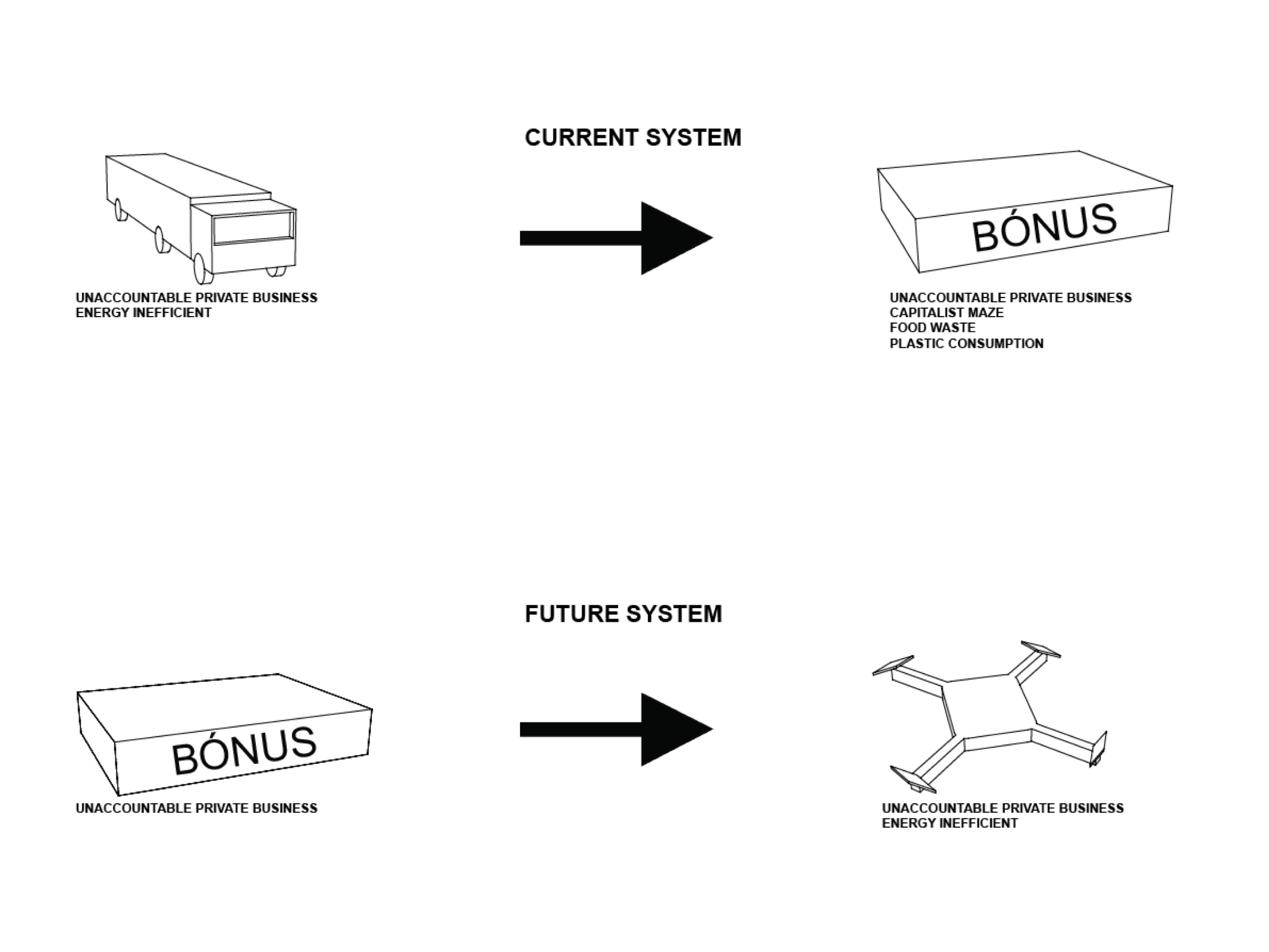


 https://www.youtube.com/watch?v=9Sj7v5zgXBY&feature=youtu.be
https://www.youtube.com/watch?v=9Sj7v5zgXBY&feature=youtu.be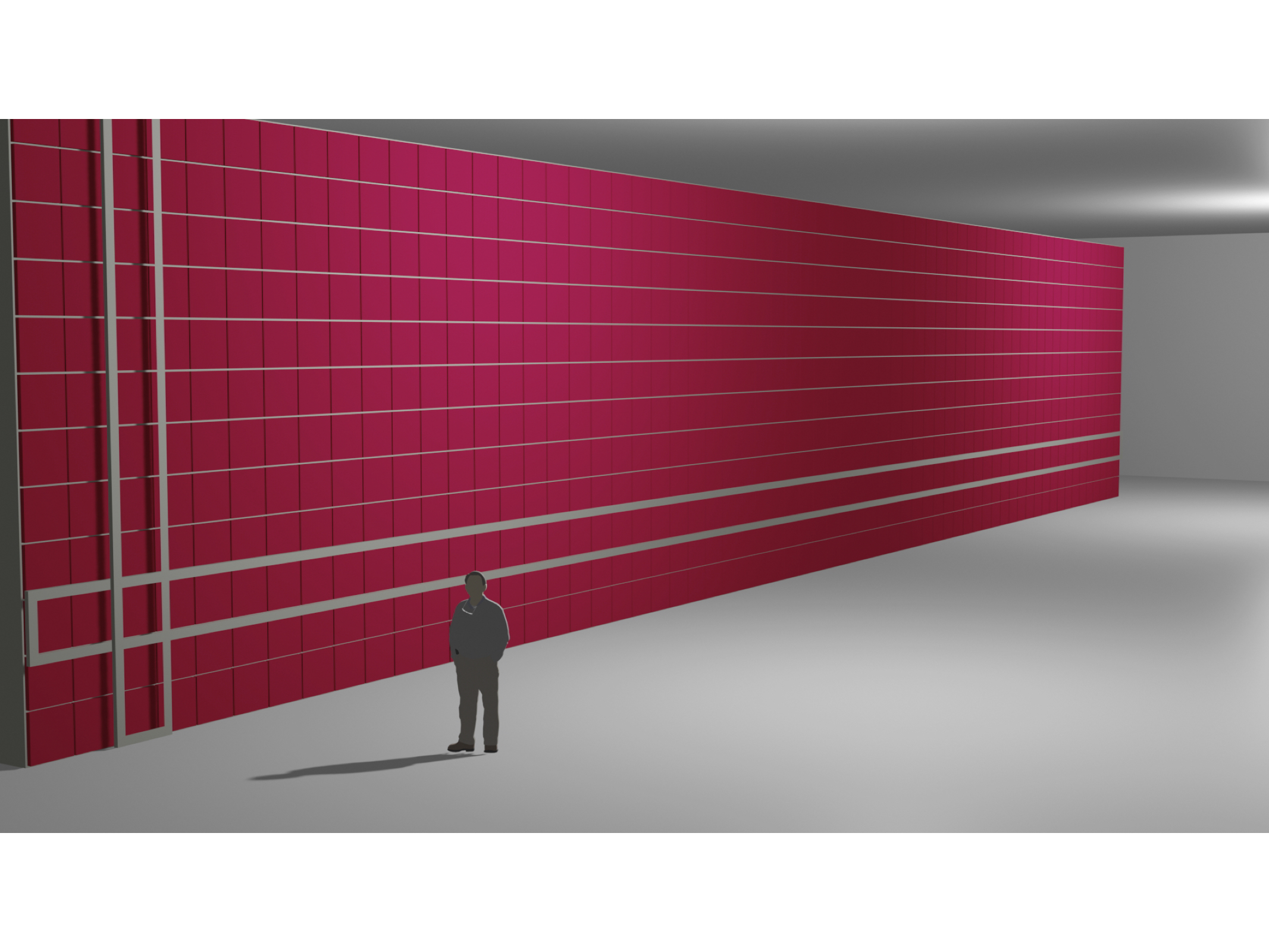
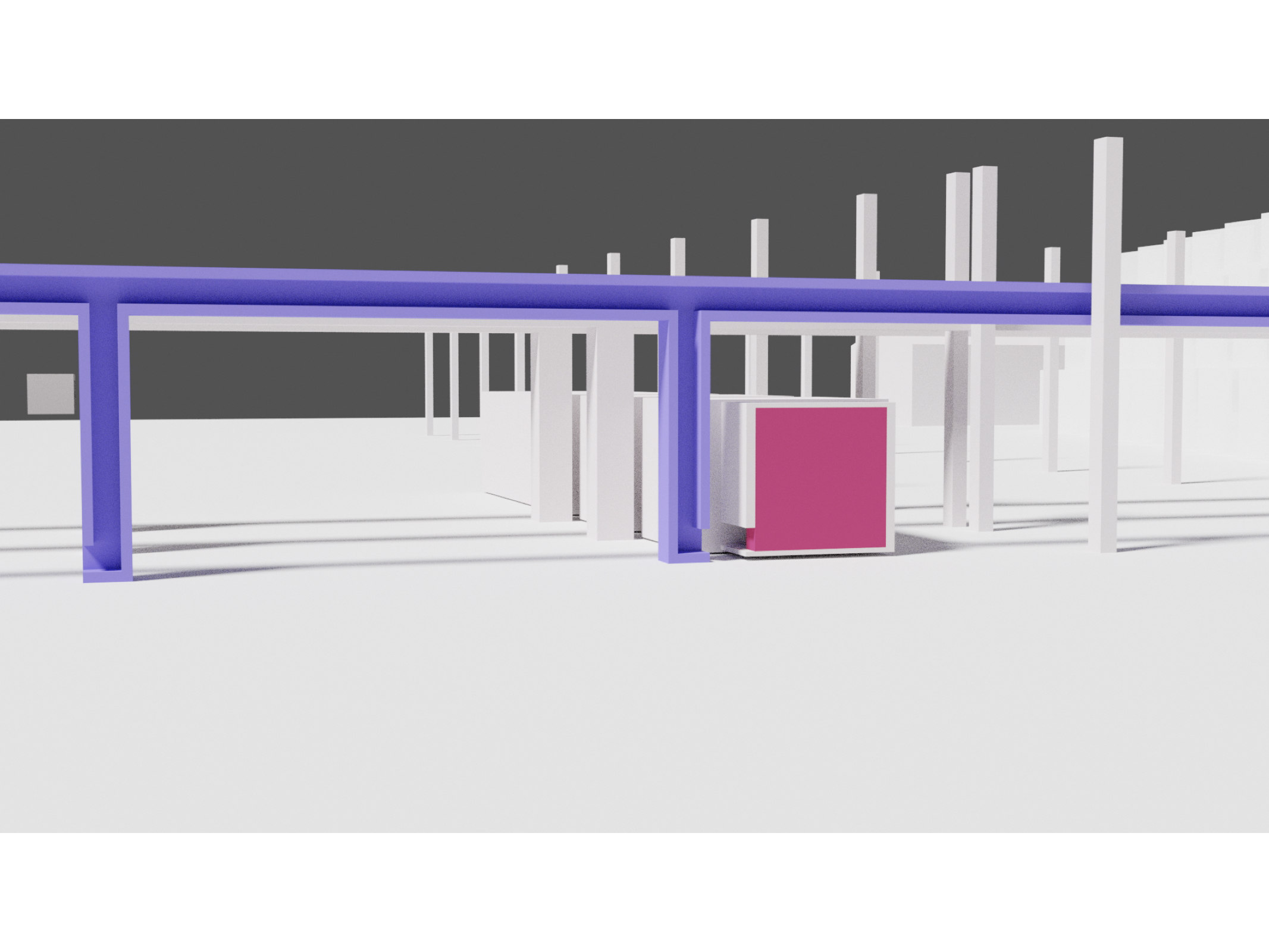

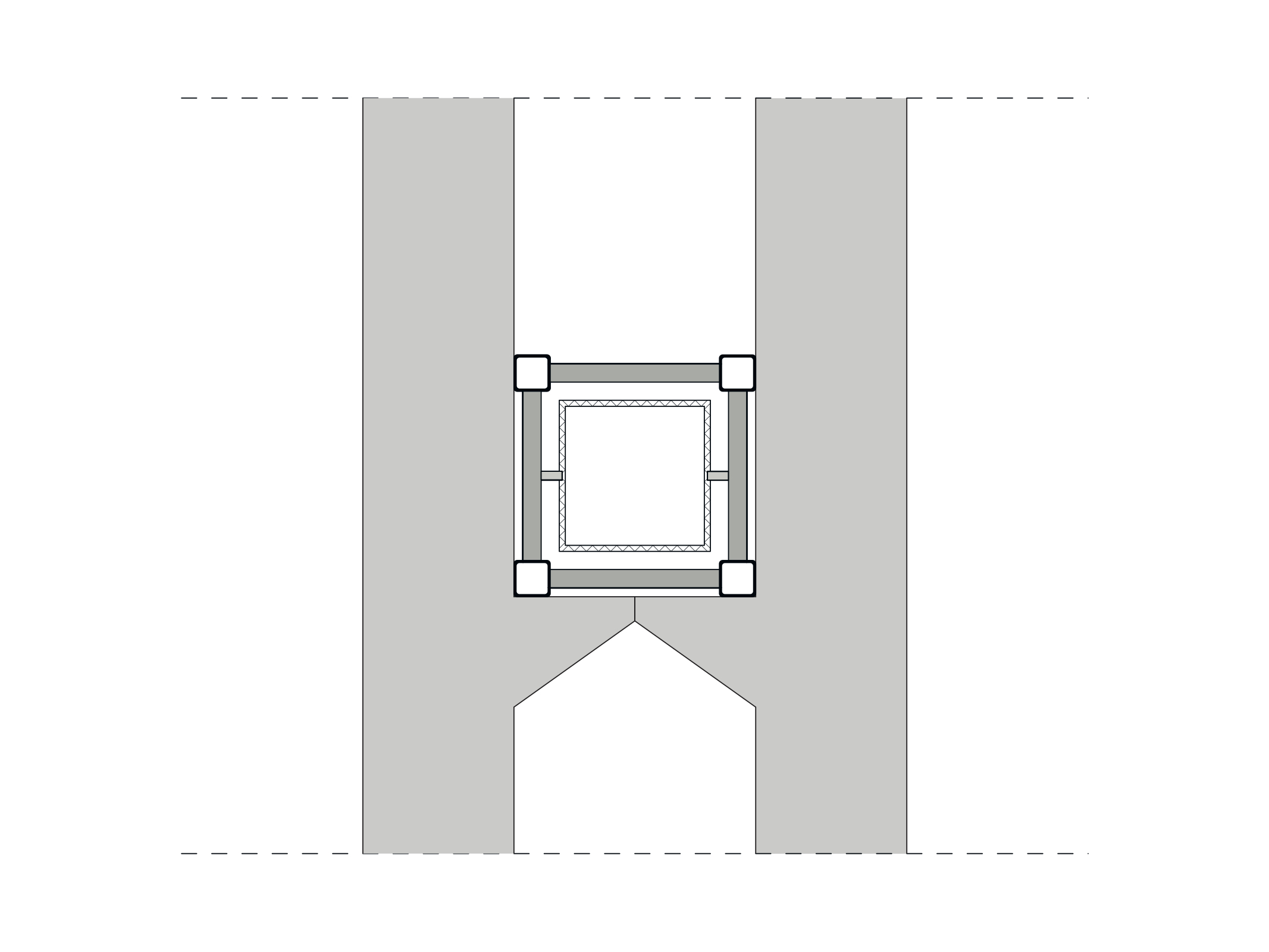


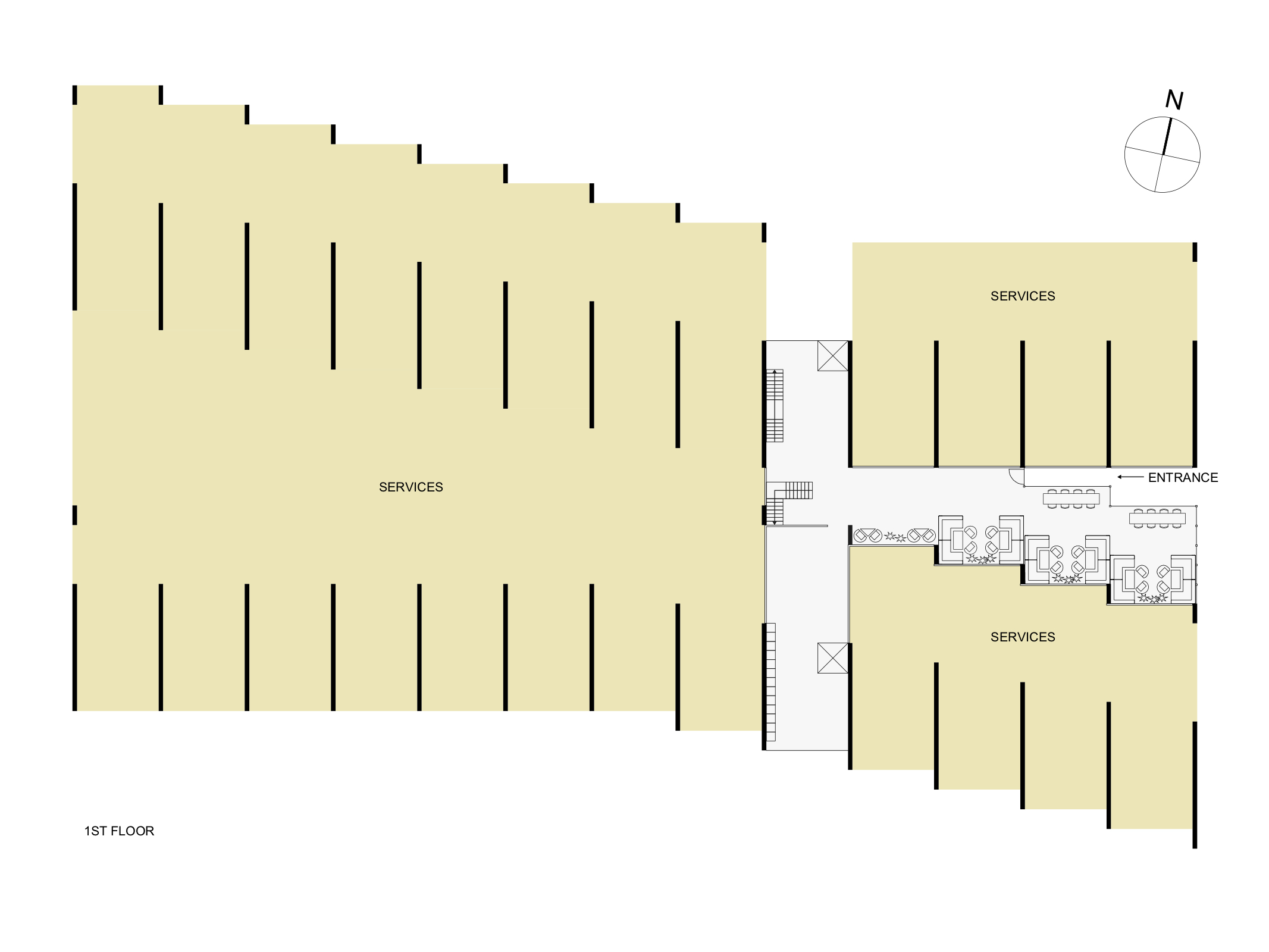

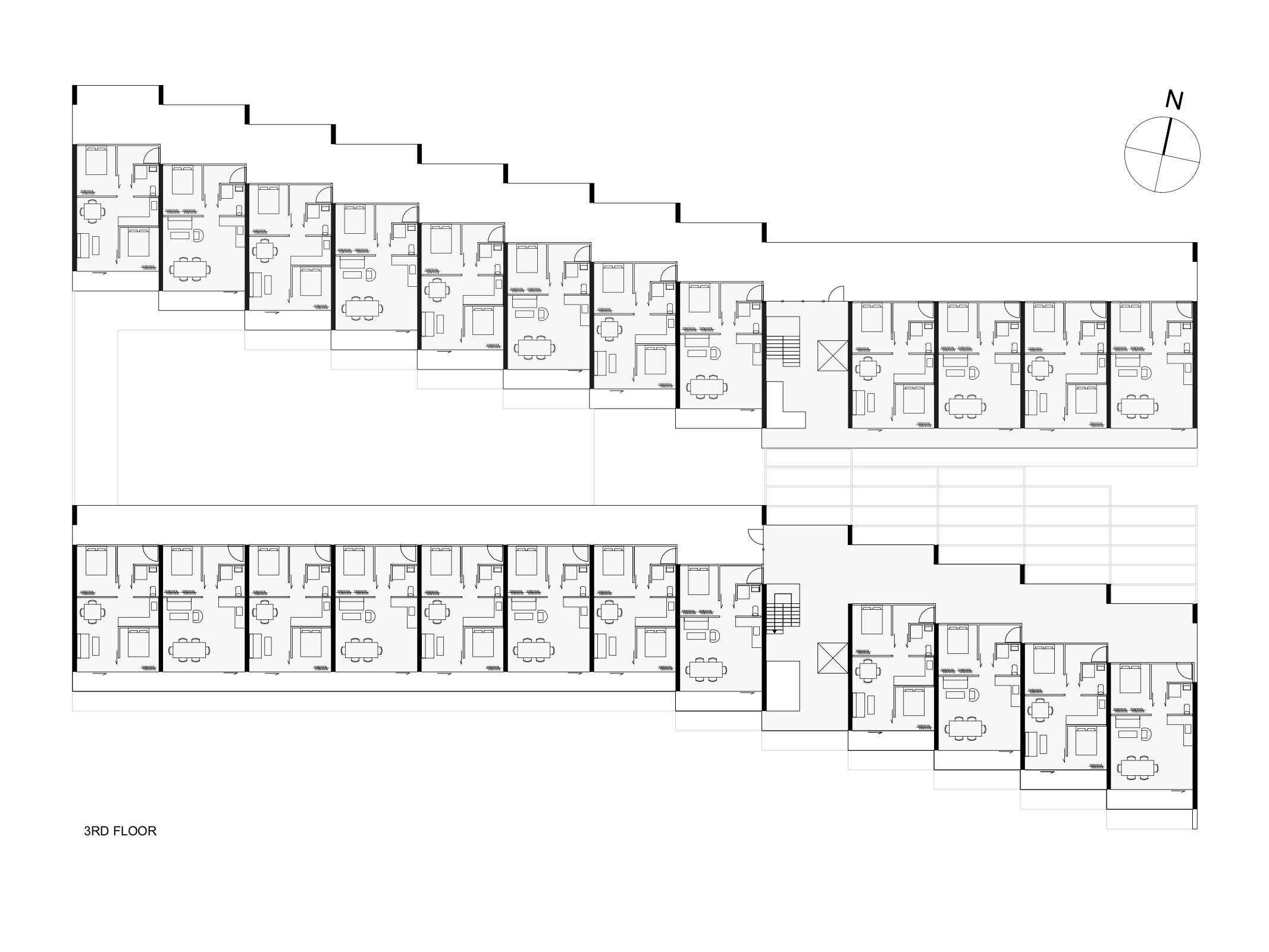
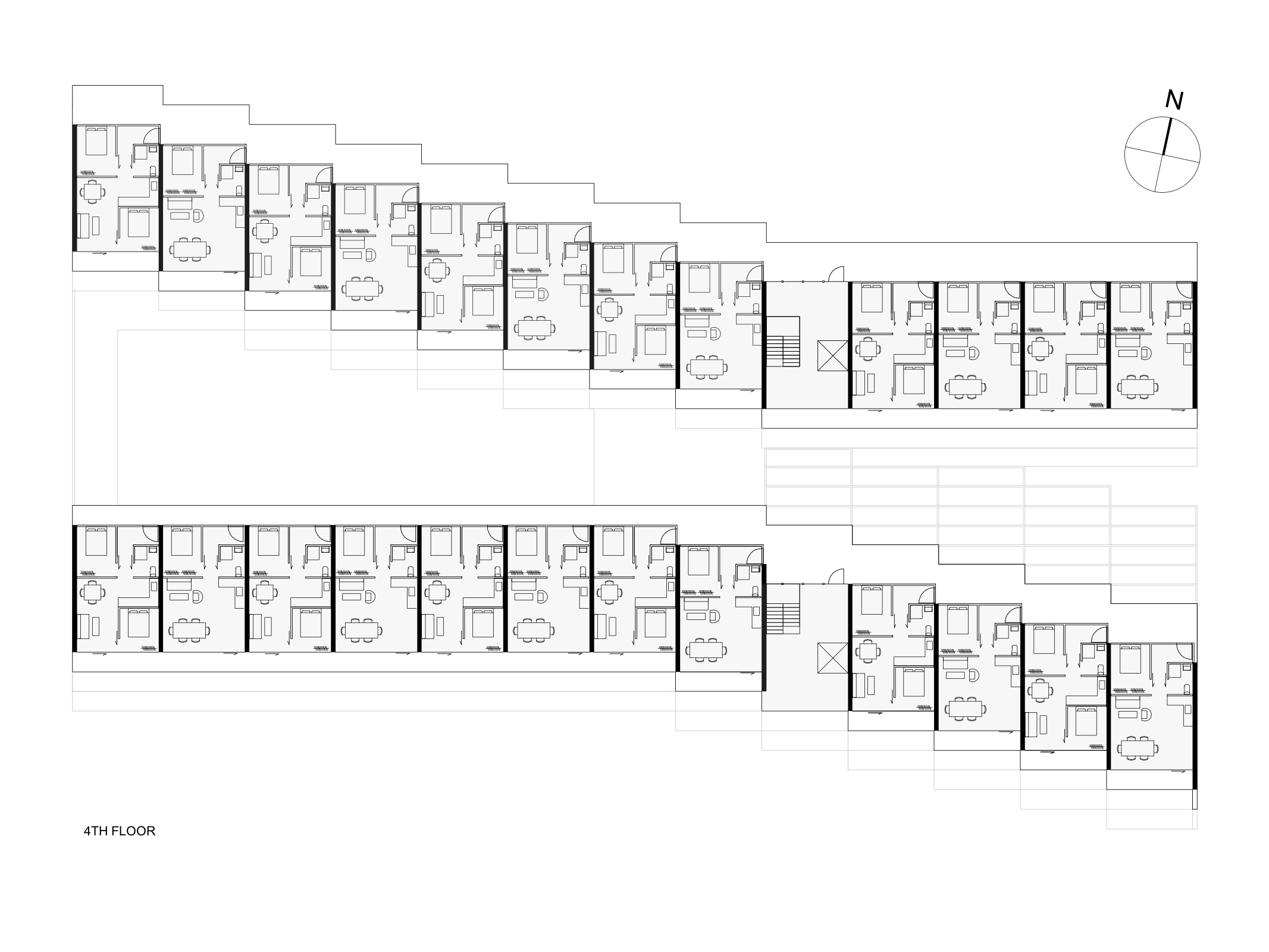
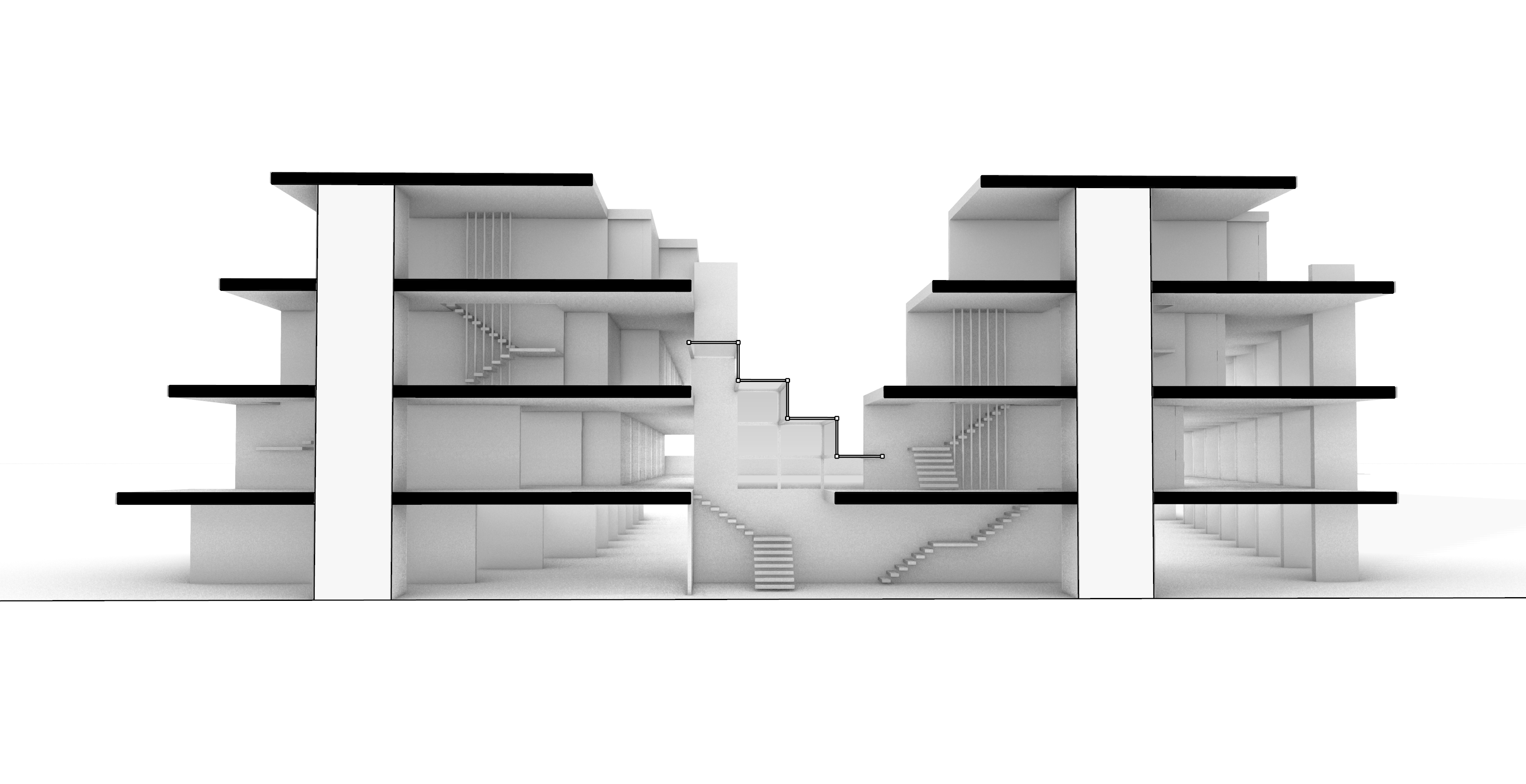
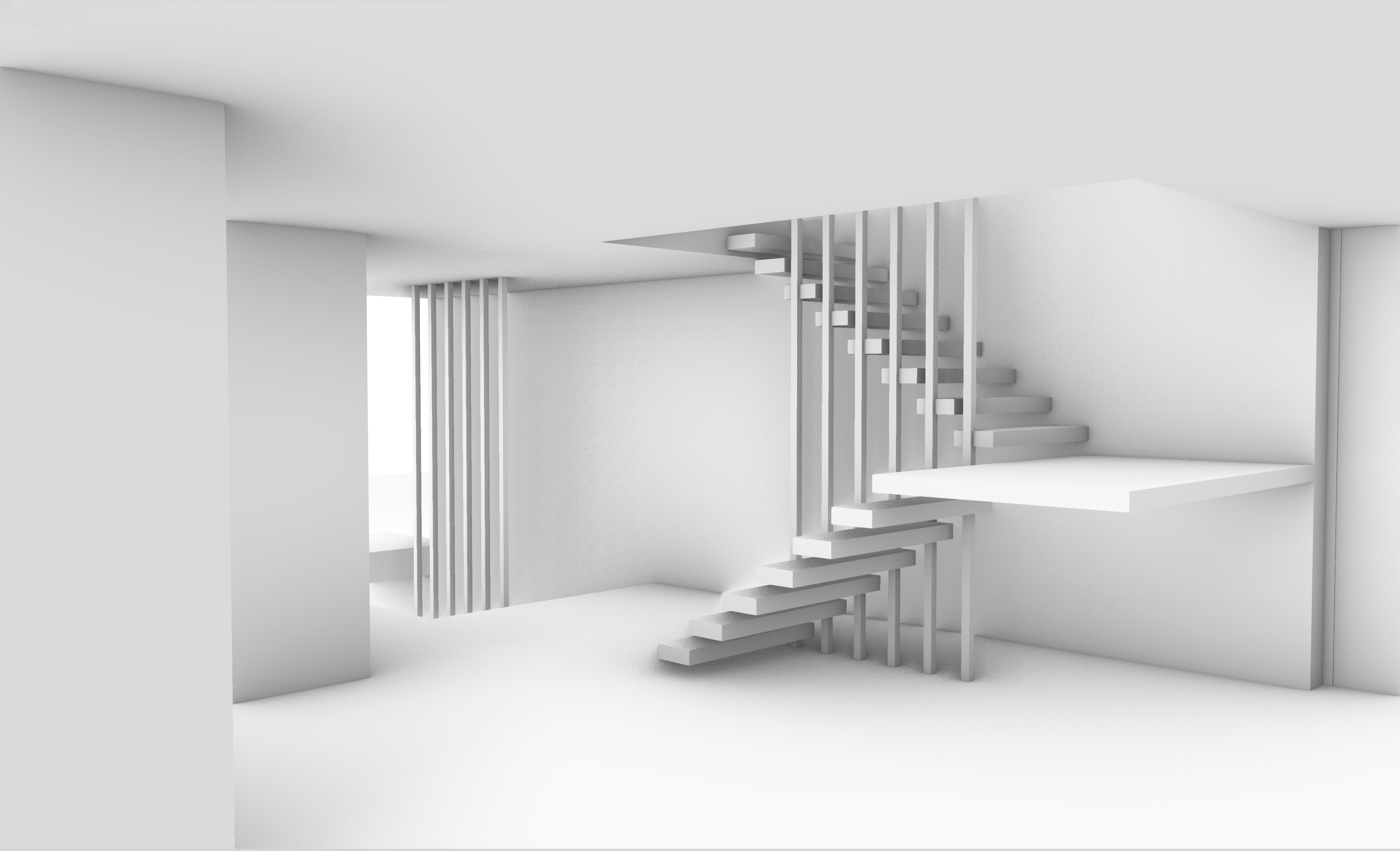
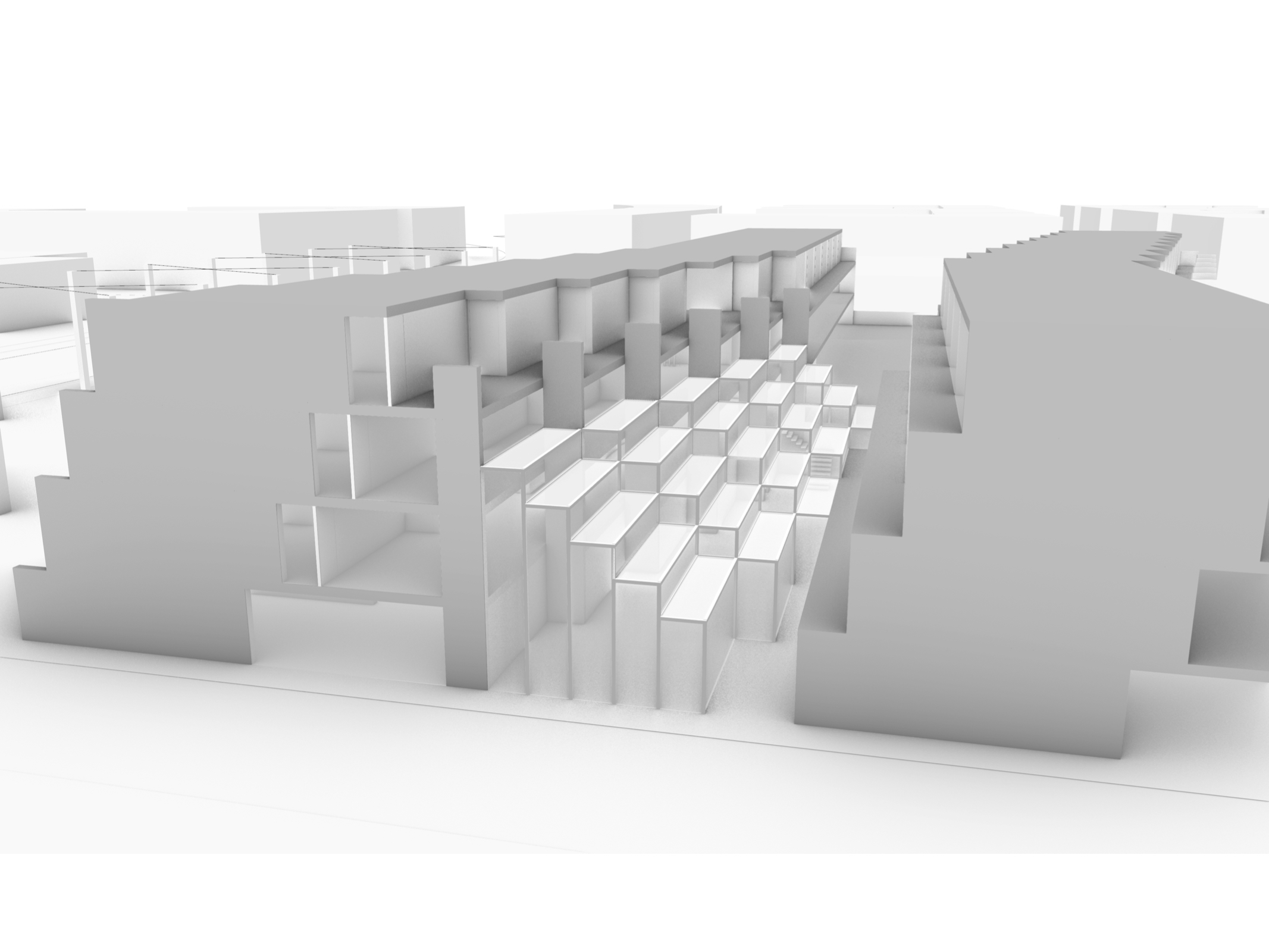
— AQQ
Urban Lab - Design Agency
